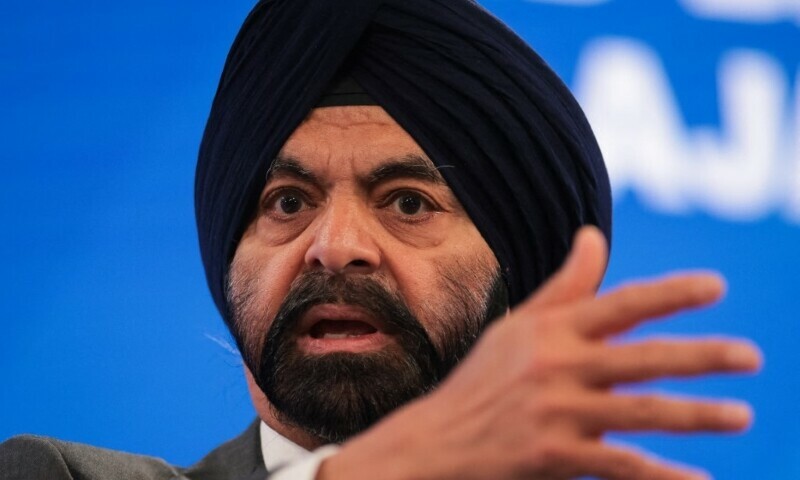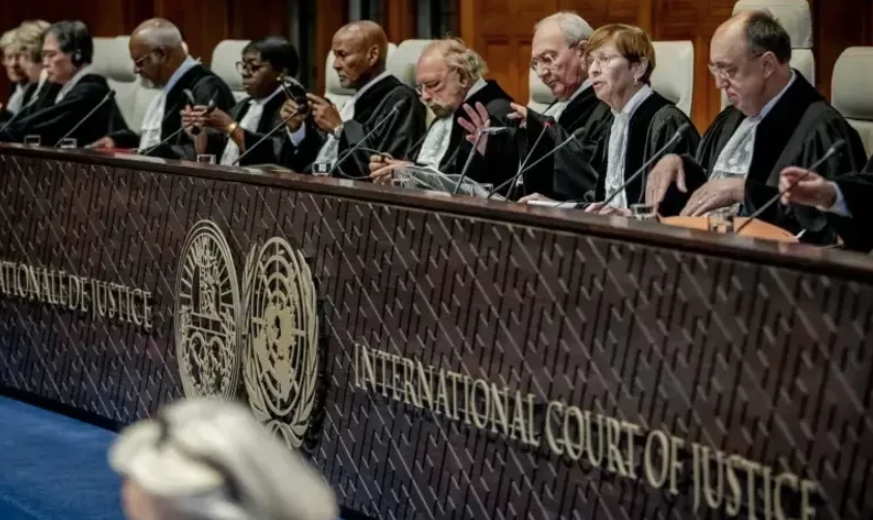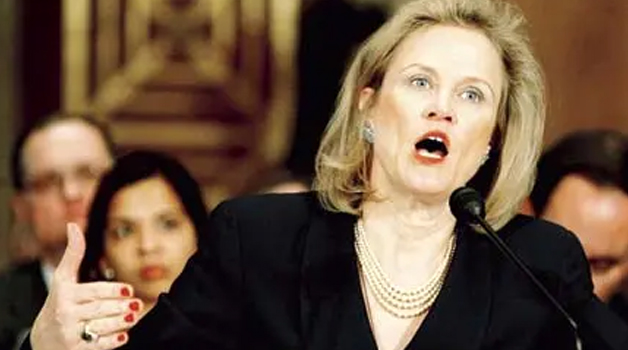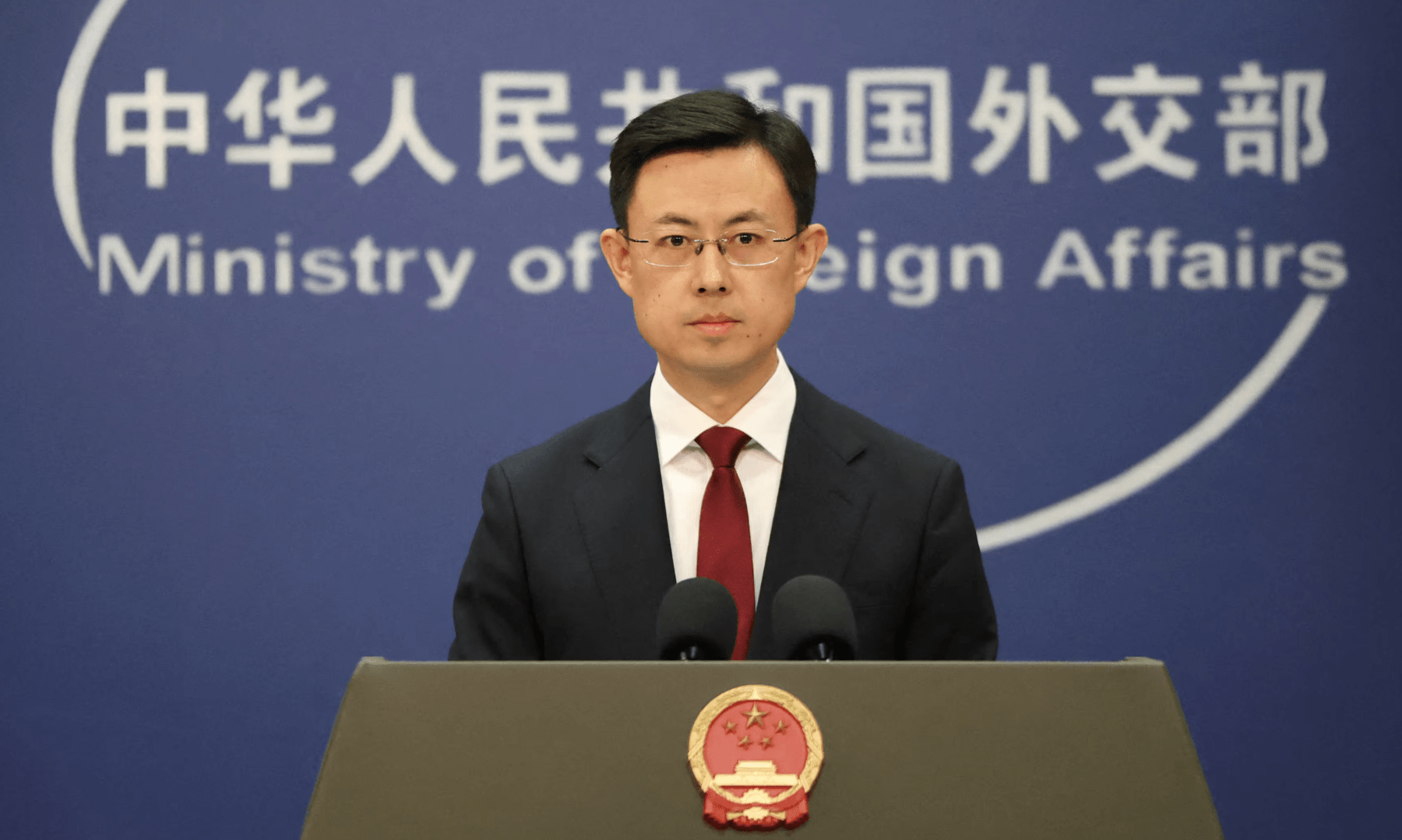WORLD NEWS

World Bank President Ajay Banga has urged developing countries to strike trade agreements with the United States at the "earliest possible opportunity" to avoid economic disruptions. Speaking to AFP during the World Bank and International Monetary Fund’s Spring Meetings, Banga warned that delaying such deals could harm all parties involved.
The recommendation comes after a turbulent period marked by President Donald Trump’s fluctuating tariff policies, which have caused market volatility and strained financial relationships. Since returning to office in January, President Trump has imposed tariffs ranging from a baseline 10% on most countries to 25% on sectors such as steel, aluminum, and automobiles, creating uncertainty in global trade dynamics.
Banga emphasized that developing nations should prioritize negotiating trade systems with the US swiftly, stating, “If you delay, it hurts everyone." He added that after securing trade agreements, the focus should shift to reducing trade barriers and improving regional flows of goods.
The Trump administration’s tariffs, including higher duties on China, have had far-reaching effects on global markets, spooking investors and disrupting supply chains. The economic uncertainty has underscored the importance of establishing stable trade relationships between developing countries and the US.
Banga also addressed recent criticisms from US Treasury Secretary Scott Bessent regarding China's developing country status. Bessent had called for a reassessment of China’s position within the World Bank, accusing the nation of taking advantage of financial support despite its growing economic power. Banga agreed with Bessent’s comments, acknowledging that China, with its vast resources and influence, should no longer rely on aid from the International Bank for Reconstruction and Development (IBRD), which mainly lends to middle-income countries.
While China borrowed $750 million from IBRD in the past year, it also repaid billions of dollars to the institution, underscoring the complexity of the situation. Banga has initiated discussions with China to reduce borrowing further, aiming to align the country’s support with its current economic standing.
Banga also addressed criticism of the World Bank’s policy approach from the Trump administration, noting that it was not uncommon for newly elected governments to question international institutions. He welcomed such inquiries, viewing them as constructive steps toward improving the Bank’s effectiveness in serving global interests.
Looking forward, Banga has outlined a key priority for the World Bank – improving energy access in sub-Saharan Africa. In collaboration with the African Development Bank, the World Bank aims to provide electricity to 300 million people in the region by 2030, requiring the addition of significant new energy resources. While renewable energy is a focus, Banga highlighted that nuclear and gas power could also play a role in ensuring a reliable energy supply, though the World Bank remains cautious about financing these sources.
Additionally, Banga emphasized the importance of private sector involvement in job creation within developing countries, moving beyond the outsourcing of jobs from advanced economies. This approach aims to foster sustainable economic growth in developing nations and address the challenges posed by the current global economic climate.




